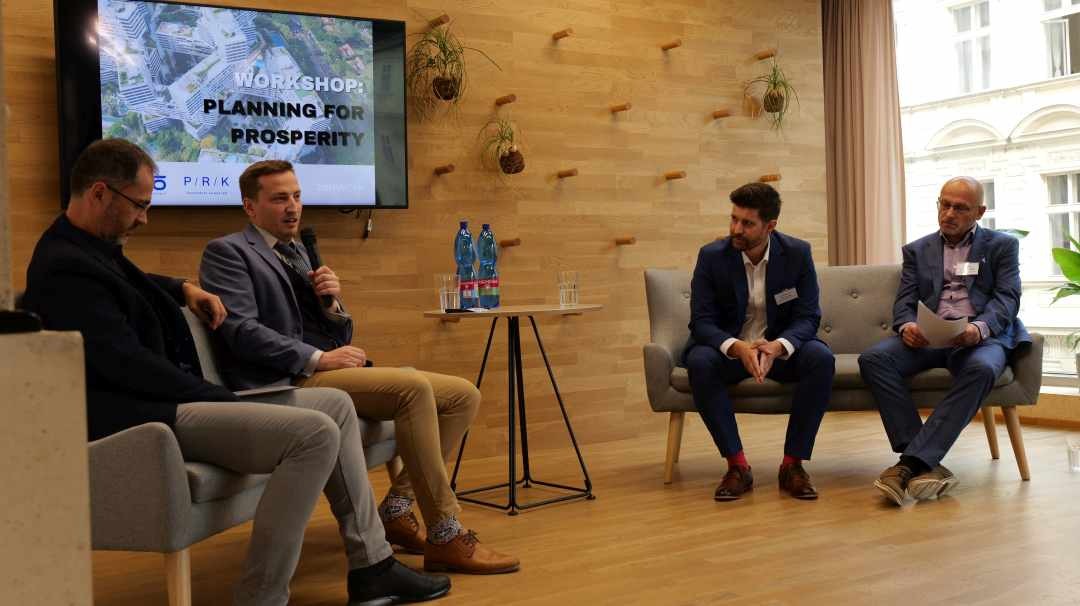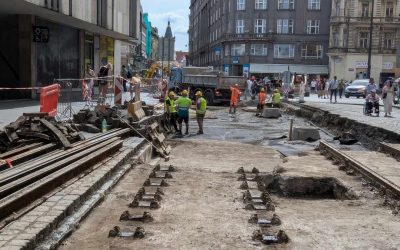Anyone who’s been involved in the Czech development process for more than a week will know the agony of the planning process. The endless gauntlet of hurdles any investor has to clear before making it to the construction permit stage is the stuff of legend. But in reporting about the problem off and on for a couple decades, I’m only now beginning to see that we’ve been focusing on the wrong thing. Sure, there’s too many stamps a developer has to collect and it’s far too easy for neighbors, interested parties and blackmailers to block progress on planning changes. In a way, the problem is really one of leadership.
As it’s set up, the system relies far too much on developers both to dream up how towns and cities should evolve. It forces investors to do the heavy lifting of pushing through planning changes themselves. But that should be the city’s job. Specifically, it should be the mayor’s responsibility. I recently saw Luděk Sekyra give a fascinating lecture at a ULI event on how he spent nearly 20 years coming up with the urban plan for the massive Smichov City development. It was pretty incredible to see how many different variations the project has gone through over all those years.
But why did a private investor have to do all that? How can such a Hurculean task be left up to a single company, when there’s such a vast array of competing forces at work in such a huge zone? The city should be the one saying what it wants, creating the regulation plan and setting the rules.
On reflection, that was one of the main take-aways from “Planning for Prosperity” a 2-hour workshop ThePrime organized together with PRK Partners. It focused on the ongoing reform to planning legislation that’s underway and brought together local, regional and planning officials. PRK Partners was represented by Roman Pečenka, who also happens to be a mayor. He said one reason mayors don’t tend to get involved is because planning is “long-term work and not something immediately visible in the village. Perhaps that’s why this isn’t a popular topic among mayors, but I believe that’s a huge mistake.” He also pointed out that both the powers and the responsibilities of mayors seem to be gradually reduced to the point where even the ones who have a vision for their town lack the instruments with which to carry it out.
Another of the speakers, Ondřej Boháč, director of Prague’s power Institute for Planning and Development (IPR), pointed out how well the Czech Republic had survived the recent floods. Yes, there was damage, he said. But under the circumstances, all the emergency services worked efficiently and in a coordinated way, lives were saved and countless disasters were averted. The reason, he said, is that in emergencies, society simply allows mayors to take over. They’re given the power almost by default. And it works. “If we trust the mayors in times of dire emergency,” asked Boháč, “why can’t we trust them to do the right thing in daily life?”
Also in ThePrime
Martin Polák (Garbe): You can’t just invest in the good times






